Covered in bandages, a costumed ‘bull’ in a wheelchair stood outside the Indian Oil petrol station off MG Road.
Covered in bandages, a costumed ‘bull’ in a wheelchair stood outside the Indian Oil petrol station off MG Road condemning the use of bullock carts for transporting oil, kerosene and petrol.
Volunteers of People for the Ethical Treatment of Animals (PETA) India’s demonstration on Thursday was part of their nation-wide campaign to force Indian Oil Corporation (IOCL) follow the Maharashtra government’s ban on the use of bullock carts in Mumbai. Peta has demanded that motorised vehicles be used henceforth.
Manilal Valliyate, director of veterinary affairs, Peta said, “IOCL gives a lip service to Maharashtra’s ban on the use of bulls to pull oil containers through traffic. The company has done nothing to switch to a humane method of transporting oil.”
Over 600 bullock carts still ply on Mumbai’s roads transporting crude oil, kerosene and petrol.
“IOCL has the resources and the ethical responsibility to make sure that bulls don’t continue to suffer for the company’s profits,” he said.
In 2008, Maharashtra’s food and civil supplies ministry had decided to phase out the use of bullock carts to transport kerosene in Mumbai. “They were given a deadline of March 31, 2009. Despite this, more than 600 bullocks, of which 270 are used by IOCL, are still seen on the streets of Mumbai,” he said.
Peta officials say Hindustan Petroleum and Bharat Petrolem are also using bullock to transport fuel in Mumbai.
“The animals endure tremendous suffering. Many are underweight and ill. They are kept in filthy conditions and are forced to work beyond their physical capabilities pulling heavy loads in extreme weather,” he said.
Due to overworking, the bullock have become ill and need immediate attention.
“Many suffer from acute and chronic inflammation caused by pressure from the yoke harness. Many have maggot-infested wounds. Some have infected sores along with acute arthritis and intestinal problems like diarrhoea,” he said.
Stating that their efforts to communicate with IOCL officials have been in vain, he said, “We were initially assured that they would stick to the law. But then, nothing has been done and the carts are still on the street. They say that they are helpless, but a company like IOCL has resources to shift from animal transport to motorised transport mode,” he said.
![submenu-img]() Priyanka Chopra kisses Nick Jonas as Malti Marie closes her eyes; see more family pics from singer's London concert
Priyanka Chopra kisses Nick Jonas as Malti Marie closes her eyes; see more family pics from singer's London concert![submenu-img]() Lebanon: Thousands of Hezbollah members wounded after communication devices explode mysteriously
Lebanon: Thousands of Hezbollah members wounded after communication devices explode mysteriously![submenu-img]() Meet woman, who is part of Rs 1257006 crore group, holds key position, she is Ratan Tata's...
Meet woman, who is part of Rs 1257006 crore group, holds key position, she is Ratan Tata's...![submenu-img]() Atishi's net worth: Know assets owned by Delhi's next CM
Atishi's net worth: Know assets owned by Delhi's next CM![submenu-img]() Meet Sunny Deol, Rajinikanth's heroine, in live-in relationship with married man for 35 years, refused to convert, now..
Meet Sunny Deol, Rajinikanth's heroine, in live-in relationship with married man for 35 years, refused to convert, now..![submenu-img]() Chandra Grahan 2024: कल सुबह है चंद्रग्रहण, इतने बजे हो जाएगी शुरुआत, जानें भारत में क्या होगा असर, कब है सूतक काल
Chandra Grahan 2024: कल सुबह है चंद्रग्रहण, इतने बजे हो जाएगी शुरुआत, जानें भारत में क्या होगा असर, कब है सूतक काल![submenu-img]() क्या होता है पेजर, जो हिजबुल्लाह के लिए बना मौत का 'ट्रांसमीटर', जानें कैसे करता है काम?
क्या होता है पेजर, जो हिजबुल्लाह के लिए बना मौत का 'ट्रांसमीटर', जानें कैसे करता है काम?![submenu-img]() J-K Polls: 24 सीट, 35000 से अधिक कश्मीरी पंडित वोटर... पहले चरण में इन 8 दिग्गजों की साख दांव पर
J-K Polls: 24 सीट, 35000 से अधिक कश्मीरी पंडित वोटर... पहले चरण में इन 8 दिग्गजों की साख दांव पर![submenu-img]() Lebanon Pagers Blast: लेबनान में बम जैसे फटे जेब में रखे पेजर्स, सीरियल ब्लास्ट में 8 की मौत, ईरानी राजदूत समेत 2,750 लोग घायल
Lebanon Pagers Blast: लेबनान में बम जैसे फटे जेब में रखे पेजर्स, सीरियल ब्लास्ट में 8 की मौत, ईरानी राजदूत समेत 2,750 लोग घायल![submenu-img]() School Closed: प्रयागराज में 8वीं तक सभी स्कूल बंद, IMD ने जारी किया भारी बारिश का अलर्ट
School Closed: प्रयागराज में 8वीं तक सभी स्कूल बंद, IMD ने जारी किया भारी बारिश का अलर्ट![submenu-img]() Ford to return to India after 2 years with reopening of....
Ford to return to India after 2 years with reopening of....![submenu-img]() Maruti Suzuki launches new Swift CNG, check price, mileage, other features
Maruti Suzuki launches new Swift CNG, check price, mileage, other features![submenu-img]() ‘30 LPA, 3BHK, no in-laws’: Woman earning Rs 1.32 lakh salary lists demands for future husband, netizens say...
‘30 LPA, 3BHK, no in-laws’: Woman earning Rs 1.32 lakh salary lists demands for future husband, netizens say...![submenu-img]() In a big EV push, Centre launches Rs 10900 crore PM E-Drive scheme to replace…
In a big EV push, Centre launches Rs 10900 crore PM E-Drive scheme to replace…![submenu-img]() World’s longest car has helipad, swimming pool, mini-golf course, can seat over…; it cost…
World’s longest car has helipad, swimming pool, mini-golf course, can seat over…; it cost…![submenu-img]() Meet India's first billionaire, who controlled 25% of world's GDP, had 50 Rolls-Royce, way richer than Mukesh Ambani
Meet India's first billionaire, who controlled 25% of world's GDP, had 50 Rolls-Royce, way richer than Mukesh Ambani![submenu-img]() IAS vs IPS: Who earns more? Differences in power, role, responsibilities
IAS vs IPS: Who earns more? Differences in power, role, responsibilities![submenu-img]() Meet boy who got record-breaking salary package from Google, was former Amazon employee, not from IIT, IIM…
Meet boy who got record-breaking salary package from Google, was former Amazon employee, not from IIT, IIM…![submenu-img]() Meet man who became IPS, then cracked UPSC to become IAS officer with AIR 52, is now DM of...
Meet man who became IPS, then cracked UPSC to become IAS officer with AIR 52, is now DM of...![submenu-img]() Meet PHD wife of IIT graduate hired at Rs 100 crore salary but was fired within a year, he is now...
Meet PHD wife of IIT graduate hired at Rs 100 crore salary but was fired within a year, he is now...![submenu-img]() Kolkata Doctor Case: Protesting Doctors React After CBI Arrests Sandip Ghosh And Abhijit Mondal
Kolkata Doctor Case: Protesting Doctors React After CBI Arrests Sandip Ghosh And Abhijit Mondal![submenu-img]() Nitin Gadkari: Union Minister Nitin Gadkari Reveals He Was Offered Support For PM Post But Declined
Nitin Gadkari: Union Minister Nitin Gadkari Reveals He Was Offered Support For PM Post But Declined![submenu-img]() Kolkata Doctor Case: Junior Doctors Protest For 5th Night As Talks With CM Mamata Fail Again
Kolkata Doctor Case: Junior Doctors Protest For 5th Night As Talks With CM Mamata Fail Again![submenu-img]() Muslim Sculptor Crafts Tiny Ganesh Idols On Pencil Graphite #shorts #viralvideo #ganesh
Muslim Sculptor Crafts Tiny Ganesh Idols On Pencil Graphite #shorts #viralvideo #ganesh![submenu-img]() Jaishankar: EAM Dr. S. Jaishankar On India-China Relations & Disengagement Problems | Ladakh
Jaishankar: EAM Dr. S. Jaishankar On India-China Relations & Disengagement Problems | Ladakh![submenu-img]() Meet woman, who is part of Rs 1257006 crore group, holds key position, she is Ratan Tata's...
Meet woman, who is part of Rs 1257006 crore group, holds key position, she is Ratan Tata's...![submenu-img]() Meet man, who lives in 2BHK flat in Mumbai, doesn't use any mobile, he is Ratan Tata's...
Meet man, who lives in 2BHK flat in Mumbai, doesn't use any mobile, he is Ratan Tata's...![submenu-img]() Amazon ends work from home, asks employees to return to office from...
Amazon ends work from home, asks employees to return to office from...![submenu-img]() Days after iPhone 16 series launch, Apple loses Rs 970000 crore due to...
Days after iPhone 16 series launch, Apple loses Rs 970000 crore due to...![submenu-img]() Meet man, BITS Pilani alumnus with over Rs 19500 crore net worth, now engaged in feud with brother over...
Meet man, BITS Pilani alumnus with over Rs 19500 crore net worth, now engaged in feud with brother over...![submenu-img]() This film was made in Rs 80 crore, actress scolded star kid while filming intimate scene; movie flopped, earned just...
This film was made in Rs 80 crore, actress scolded star kid while filming intimate scene; movie flopped, earned just...![submenu-img]() India’s richest child actor has net worth of Rs 8 crore, owns Rs 40-lakh luxury car, but nobody knows her 'real age'
India’s richest child actor has net worth of Rs 8 crore, owns Rs 40-lakh luxury car, but nobody knows her 'real age'![submenu-img]() 32-year-old superstar forcibly kissed 15-year-old co-star; left her traumatised, crying; later laughed about it saying..
32-year-old superstar forcibly kissed 15-year-old co-star; left her traumatised, crying; later laughed about it saying..![submenu-img]() Atishi is new Delhi CM: Know who was Delhi's first woman CM
Atishi is new Delhi CM: Know who was Delhi's first woman CM![submenu-img]() This actor worked in over 300 films, was abandoned by family, had no friends; was found with bottle of alcohol at...
This actor worked in over 300 films, was abandoned by family, had no friends; was found with bottle of alcohol at...![submenu-img]() Atishi's net worth: Know assets owned by Delhi's next CM
Atishi's net worth: Know assets owned by Delhi's next CM![submenu-img]() Thane Biggest Builders RK Builders and DHL Group Join Forces for Maharashtra’s Largest BTS Warehouse
Thane Biggest Builders RK Builders and DHL Group Join Forces for Maharashtra’s Largest BTS Warehouse![submenu-img]() Atishi to become Delhi CM: Know why she dropped her second name ‘Marlena’
Atishi to become Delhi CM: Know why she dropped her second name ‘Marlena’![submenu-img]() Arvind Kejriwal resigns as Delhi Chief Minister, tenders his resignation to LG
Arvind Kejriwal resigns as Delhi Chief Minister, tenders his resignation to LG![submenu-img]() Who is IPS Manoj Kumar Verma, the new Kolkata Police Commissioner?
Who is IPS Manoj Kumar Verma, the new Kolkata Police Commissioner?



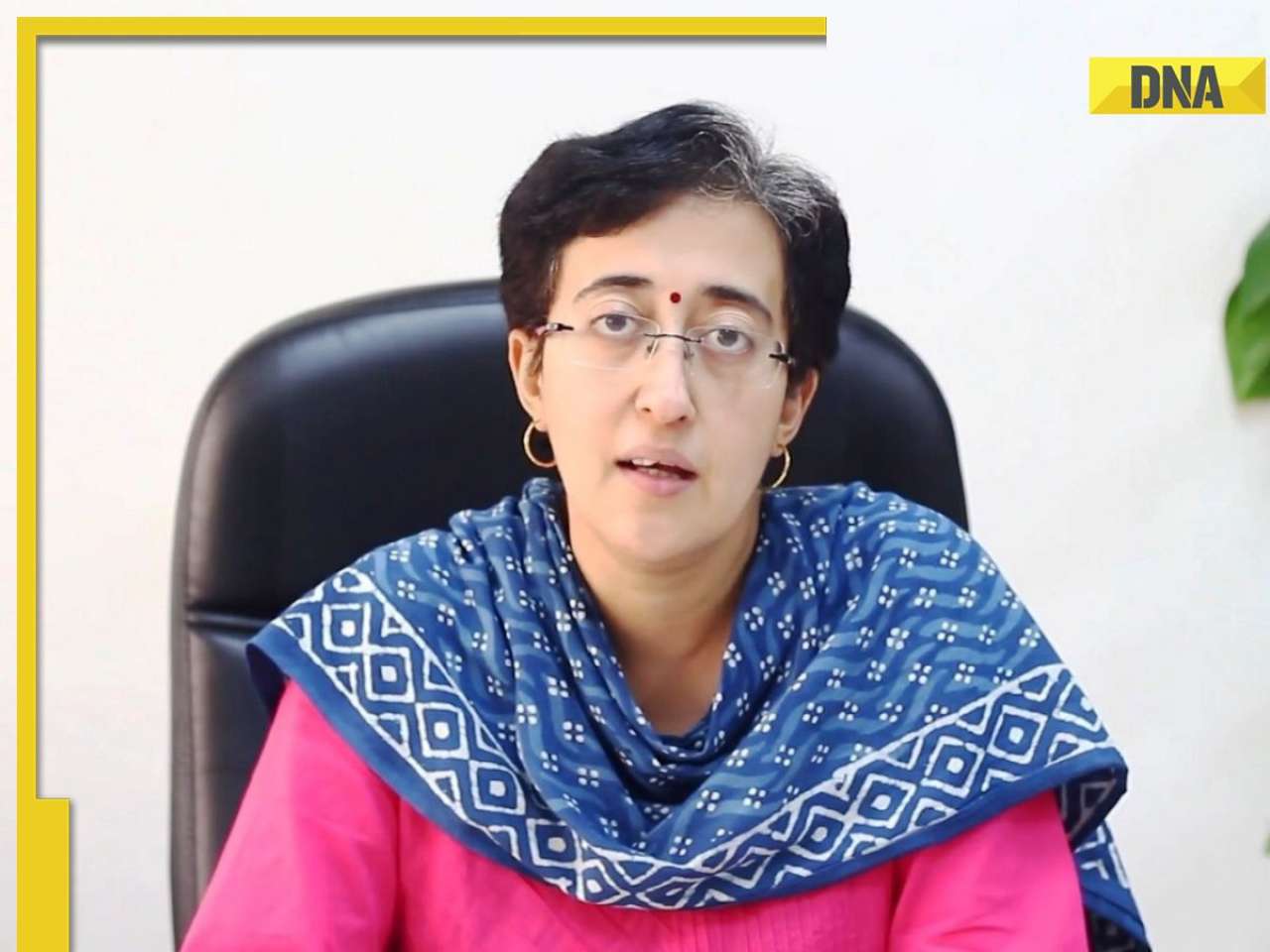
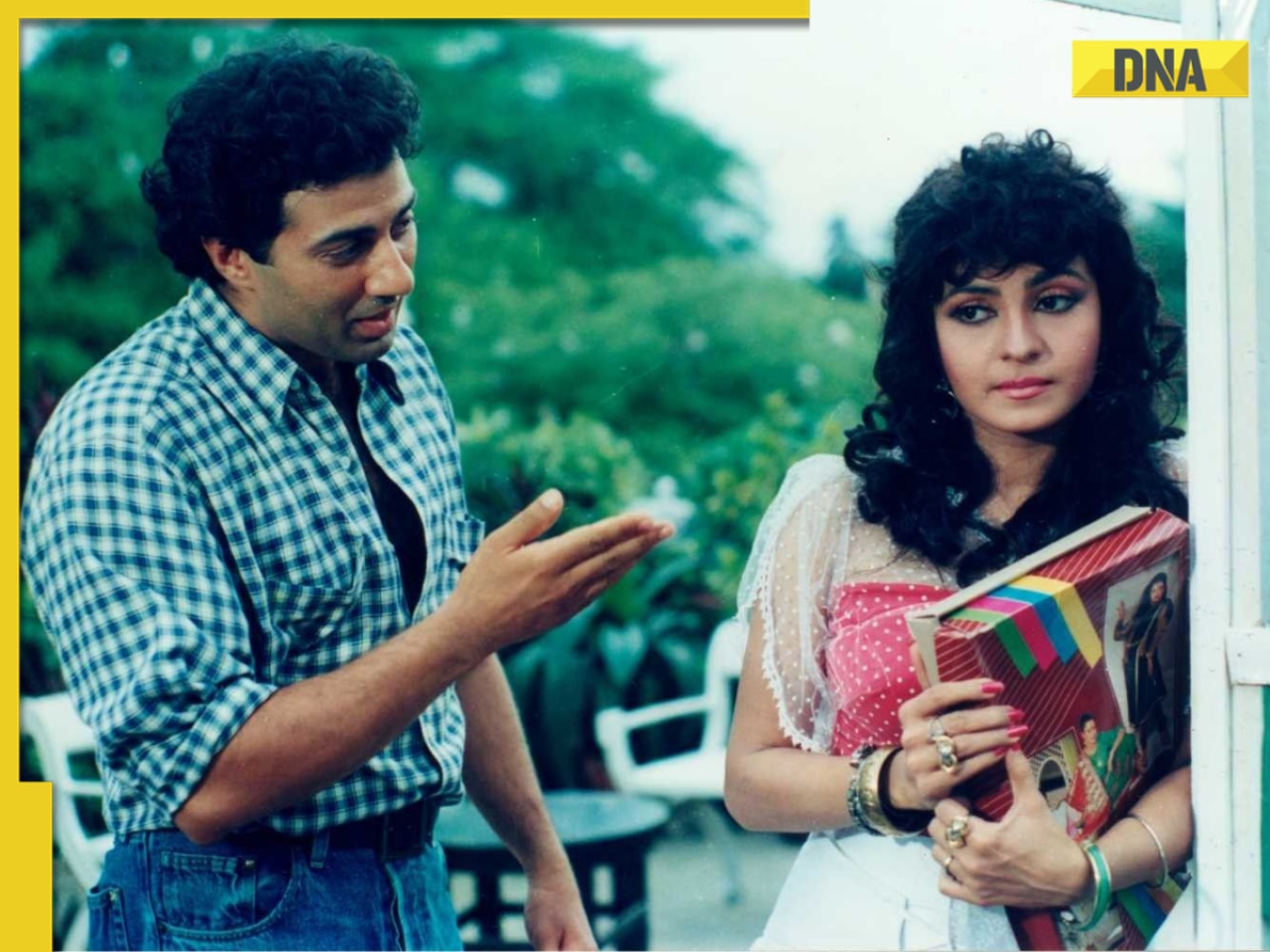







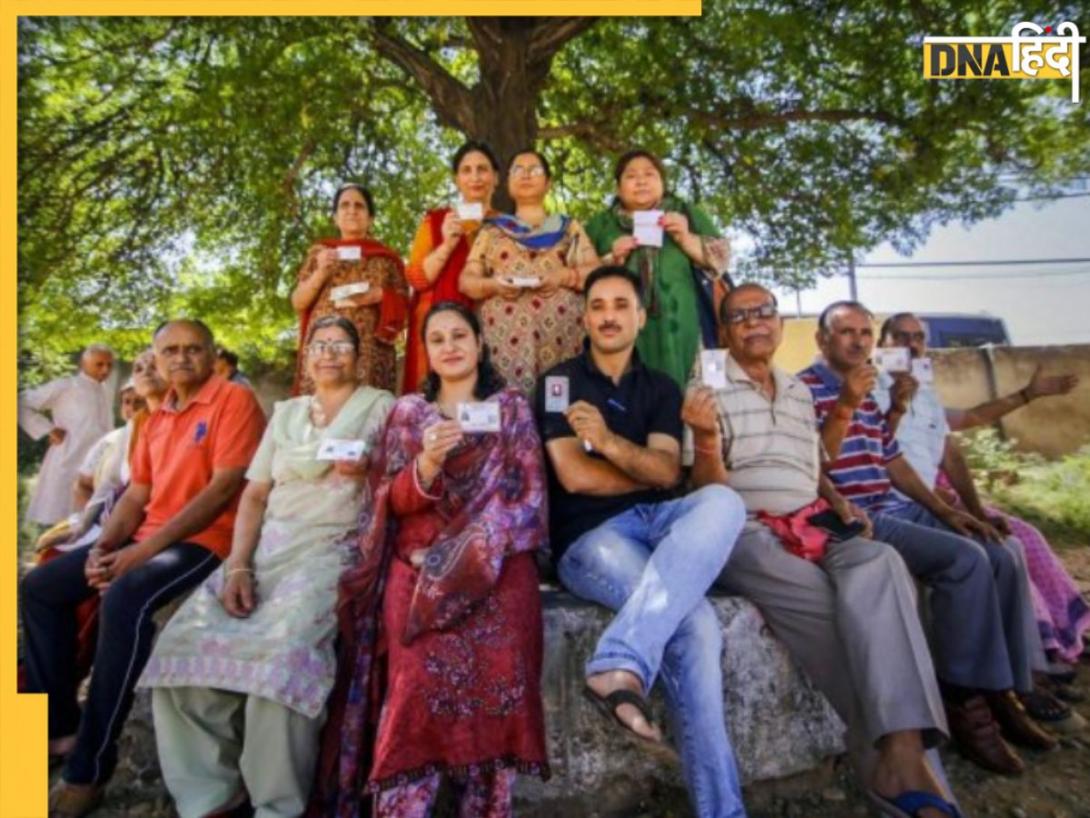
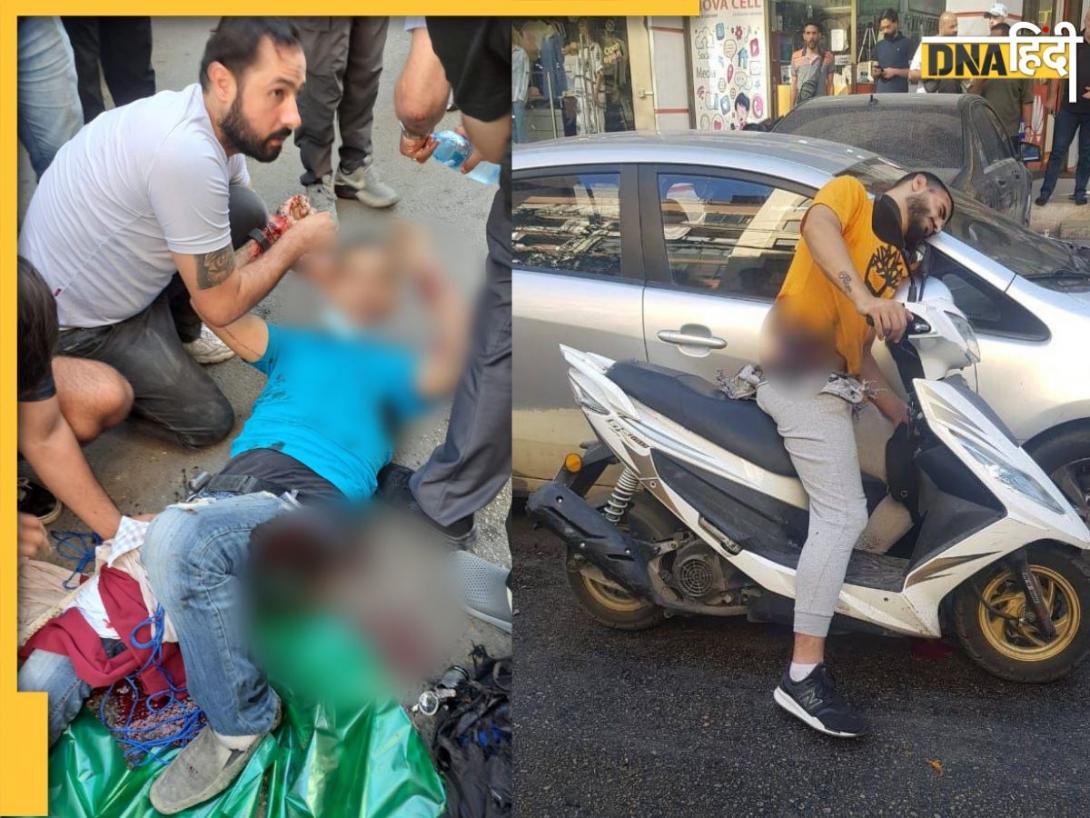









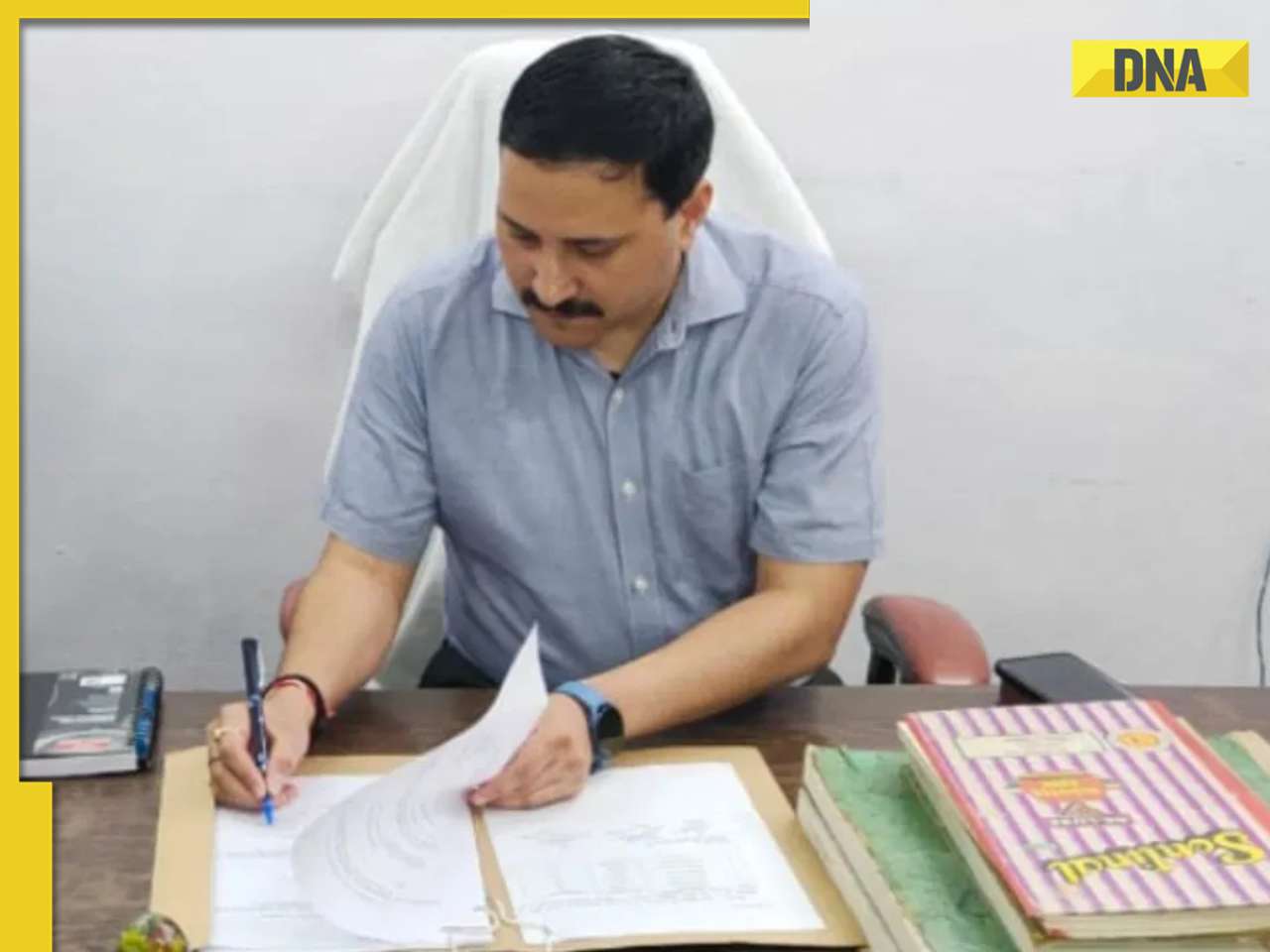

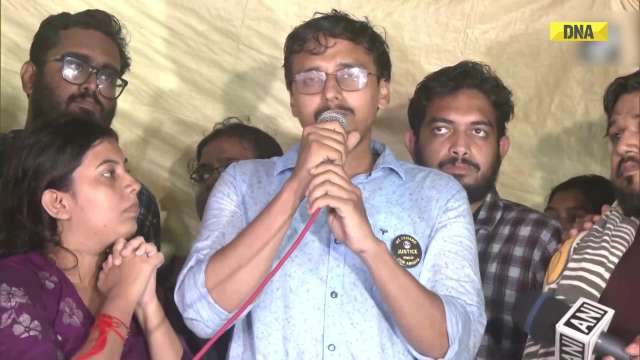
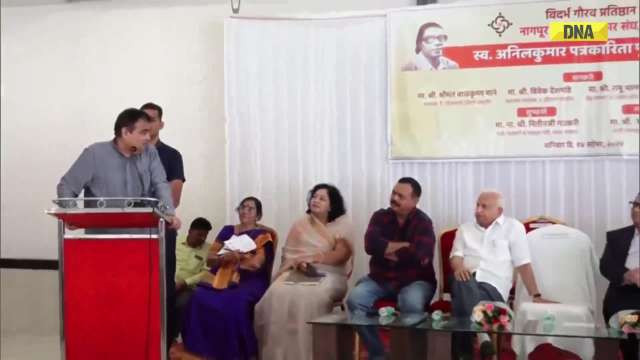
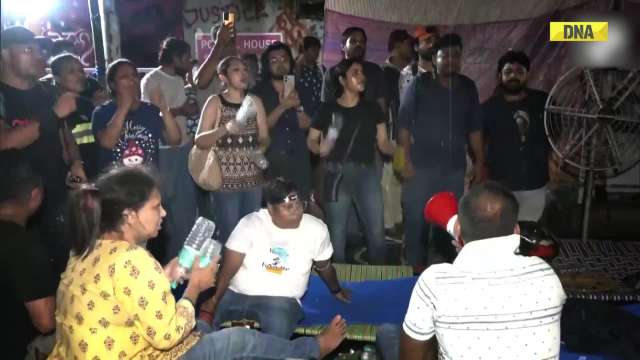

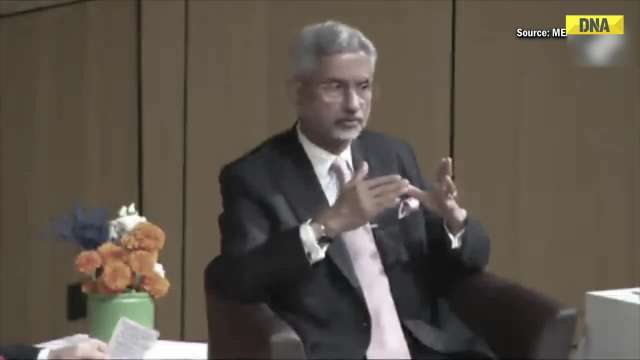




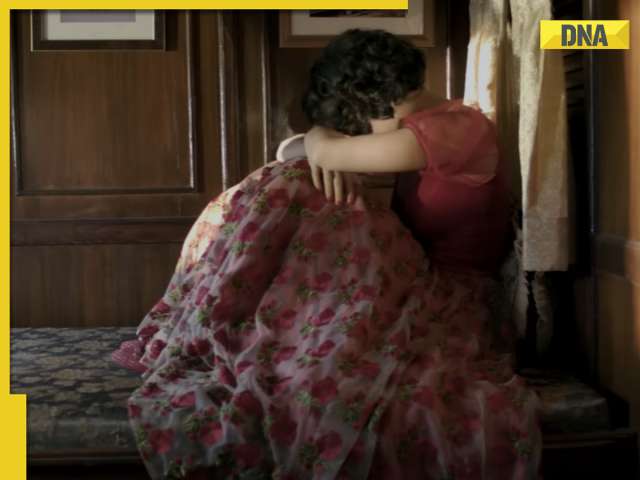




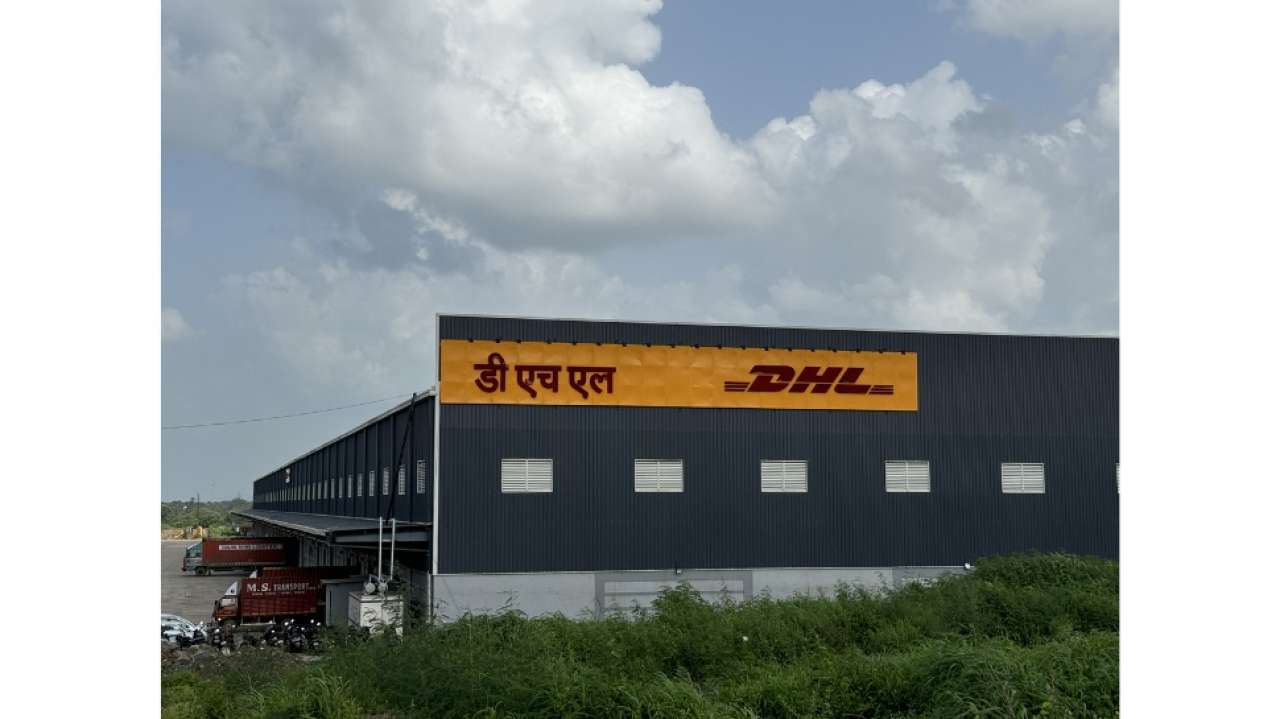





)
)
)
)
)
)
)
)
)
)
)
)
)
)





)
)
)
)
)
)